Kyung soon You weighs in on the issue of care in the Republic of Korea and the role of co-ops in providing care services to their members. She is the secretary general of Dure Education Activity Center within Dure Consumer’s Cooperative Union and director of Ulim Dure Care Social Cooperative.
South Korea is expected to become a super-aged society by 2025, with a fifth of the total population due to be over the age of 65.
Polarisation, inequality, and unemployment caused by neoliberalism are driving people in urban areas, where communities have collapsed, into life crises filled with anxiety and worry due to the lack of relationships with neighbours. In recent years, Covid-19 has rapidly changed society while the climate crisis has raised concerns about a sustainable society. These “vague” anxieties and worries about “old age in a super-aged society” have become common concerns for everyone. Consequently, the issue of community care and the restoration of community has become more prominent.
One of the main characteristics of Dure Cooperative is that most of its member co-operatives are based in local communities, with local residents joining as members and making efforts to enhance the community spirit within those regions.
Initially, the co-operatives started with the joint purchase of safe food. It gradually began to consider more specific aspects of care, aiming for a sustainable life within the community by sharing various aspects of members’ lives. Each member co-operative has concretised care in various ways, tailored to the specific characteristics and demands of its members.
Related: Dure Consumers Coop, a Fairtrade pioneer in Korea, is on a mission to tackle waste
Ulim Dure Cooperative, located in Mapo-gu, Seoul, began its elderly care services in 2009 and launched its assisted living and care services in 2012. The assisted living and care services include urgent childcare for women who need to handle child-rearing alone, accompaniment services for injured people who find commuting difficult, hospital accompaniment for children of working parents, walking accompaniment for those who need it, and care for members’ pets and plants while they are travelling. Although these services may seem trivial, they are essential forms of care that help build a supportive culture within the co-operative, where members support each other.
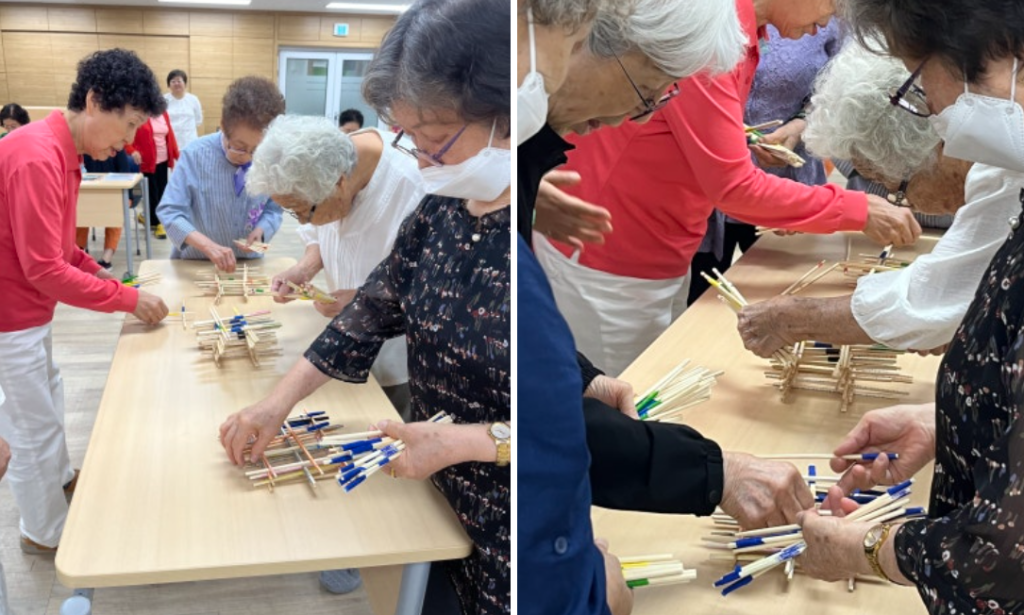
Additionally, members have established a care fund, encouraging participation in caregiving emergencies, expanding awareness through education, and identifying activists, thereby creating a foundation for active engagement in care-related projects and activities. Currently, about 1,300 members, which is 10% of the total membership, are participating in the fund, with ongoing efforts to involve all members.
In 2019, a Care Social Cooperative was established to systematically pursue long-term care projects, assisted living services, Care SOS, and the Sebom House consignment project. The scale of the projects includes around 60 users of long-term care services, 60 care workers, about 100 members utilising life support services, 50 life support activists, 2 social workers, and 1 centre manager.
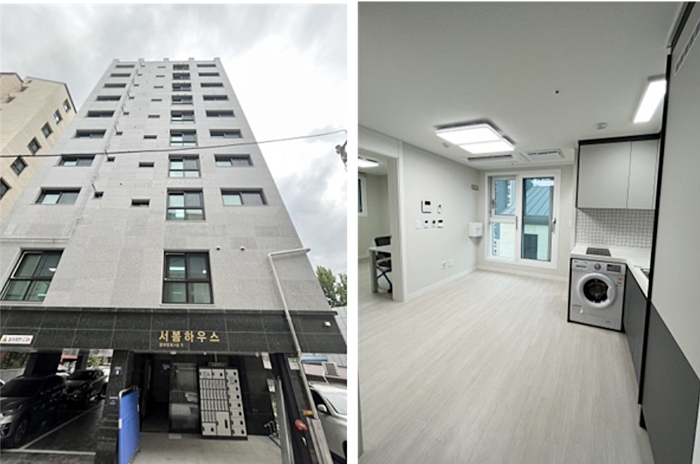
Sebom House is a social care housing project where residents with medical conditions and inadequate living conditions can live, fostering mutual care and community care. Currently, 23 households reside in Sebom House, which is designed with a barrier-free (BF) layout to accommodate all residents.
From the initial planning stages to its current operation, the local government and Ulim Dure Care Social Cooperative have worked together. This collaboration and the integration with local organisations make Sebom House an exemplary case of implementing community care.
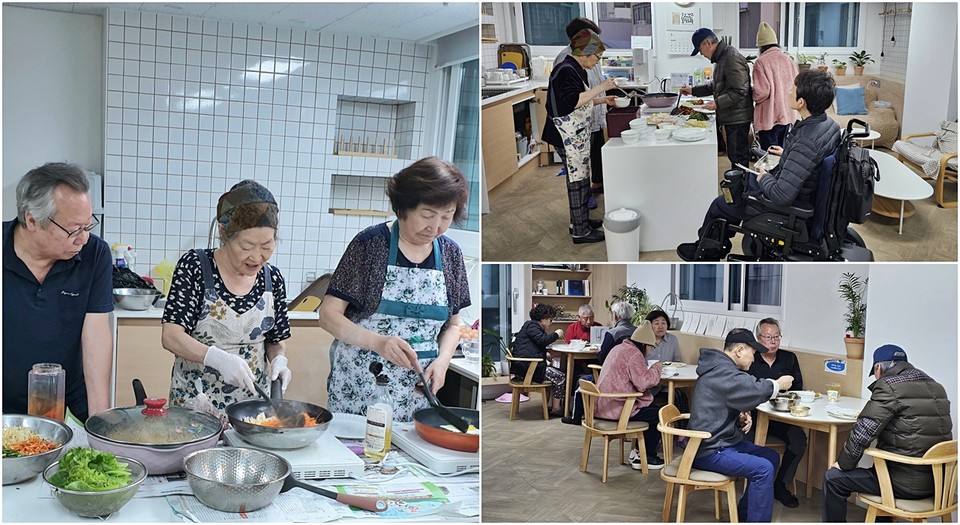
Located in Bundang, Gyeonggi Province, Jumin Dure Cooperative has established a social co-operative named Dure to focus on childcare. This co-operative manages a national, public daycare centre. The co-operative consists of 36 members, including parents, teachers, and local citizens, and cares for 116 children up to the age of six.
By adopting the democratic co-operative principles, Jumin Dure ensures the rights and participation of children, parents, and teachers. Additionally, they provide co-operative education and dietary education, making the daycare centre a hub for fostering a healthy community culture within the neighbourhood.
Eunpyeong Dure Cooperative, located in Eunpyeong-gu, Seoul, collaborates with a local medical social co-operative to provide everyday healthcare for residents. Additionally, it works with the local government to support dietary lifestyles in the daily care service program (Eunbit Sol) for middle-aged single-person households in the community.
Particularly in the case of Eunbit Sol, co-operative members interested in food culture complete the Dure Cooperative’s dietary instructor training course and participate as programme instructors. This enables members to contribute to the community while fostering personal growth, playing a crucial role in connecting the co-operative with the local community.
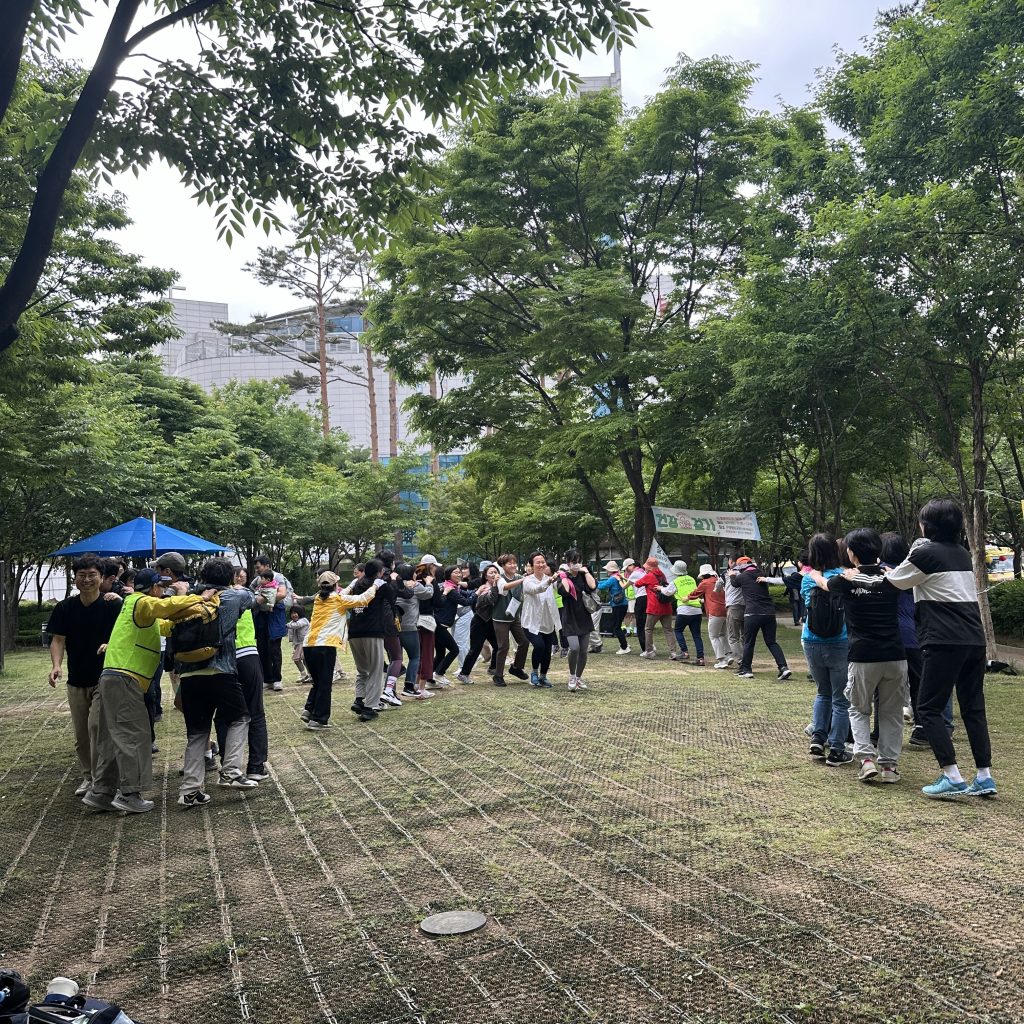
Incheon-based Pureun Dure Cooperative
Similarly, with its members’ support, the Pureun Dure Cooperative in Incheon, has established the Nanumi Welfare Fund. This fund supports local organisations annually and has created a co-operative committee composed of members to run a monthly meal-sharing project.
Currently, 112 members contribute to the Nanumi Fund. This year, the fund has supported five local community organisations caring for elderly people living alone and neighbours in need. The co-operative provides free lunchboxes, side dishes, birthday meals, and holiday food to around 200 individuals in need of care within the community every month.
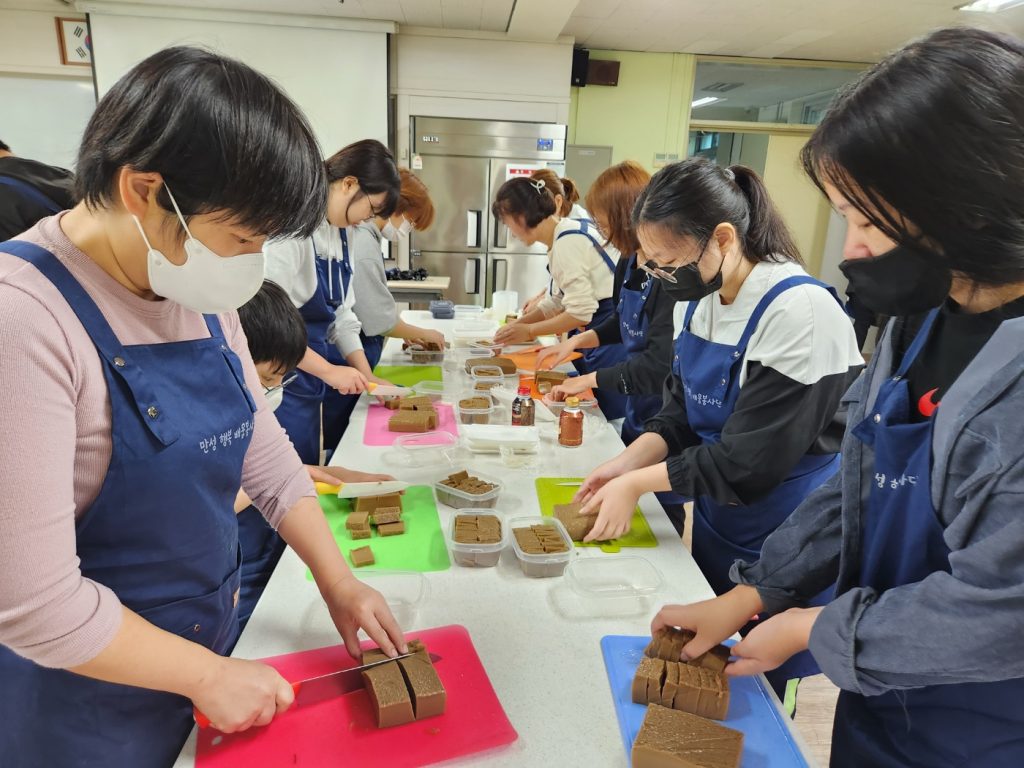
In Korean society, the formation of a care market driven by profit is intensifying, resulting in care polarisation, low recognition of care work, and situations where life quality is not guaranteed when left to the market. Additionally, co-operatives often have to compete with well-capitalised care service companies.
Realising the value of care – where dignity is preserved, and one can live with neighbours without leaving the community – is challenging for co-operatives to achieve alone. However, by creating networks with various local organisations and collaborating in different ways, co-operatives share care practices, build care networks together, enhance co-operation, solve difficulties collectively, and expand the realm of care.